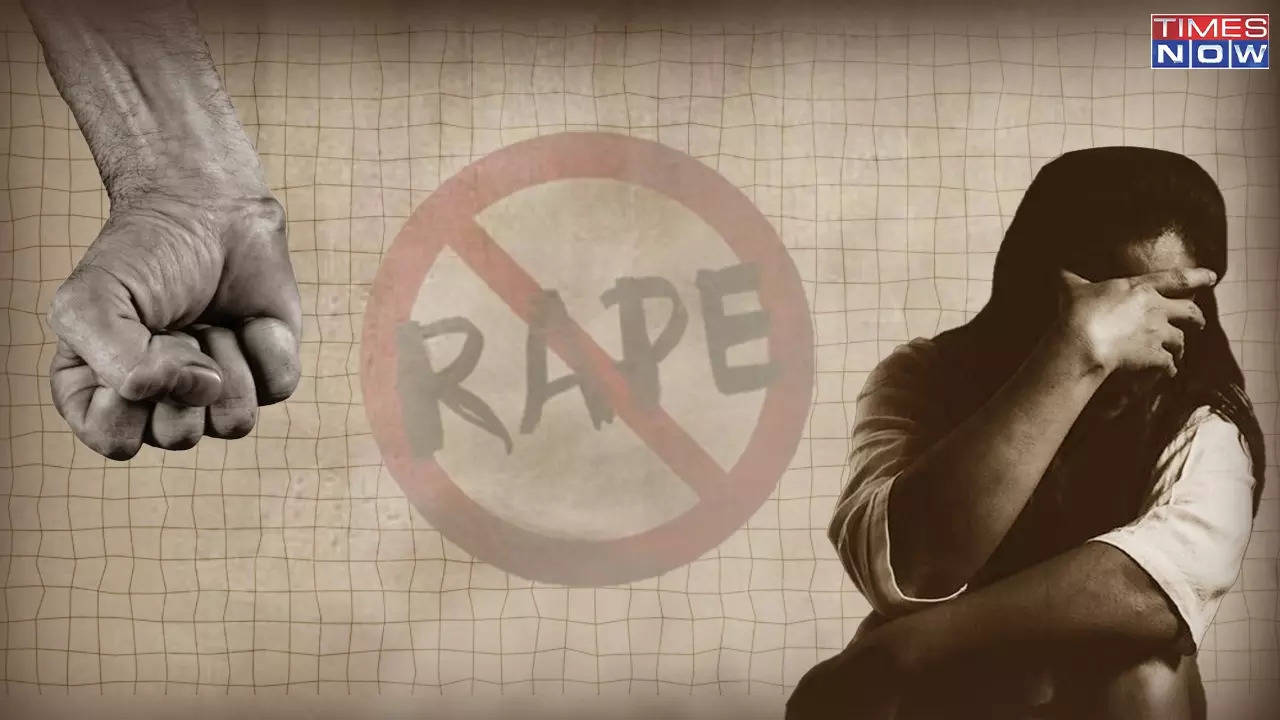 |
|
The recent case of a 20-year-old law student in Visakhapatnam, India, who was gang-raped by her boyfriend and three of his friends, highlights the pervasive issue of sexual violence and the devastating consequences for victims. The incident, which occurred on August 13th, involved the boyfriend luring the victim to a friend's room under the guise of a romantic encounter. Instead, she was brutally assaulted while the perpetrators filmed the act. This footage then became a tool of prolonged blackmail and abuse, pushing the young woman to the brink of despair. The relentless psychological torment, coupled with the physical violation, ultimately led to a suicide attempt. Fortunately, her father intervened in time, preventing a tragedy and providing crucial support for his daughter. This courageous act of intervention is a stark contrast to the apathy that often surrounds such crimes, and underscores the critical role families can play in providing victims with the strength to seek justice.
The subsequent police complaint and arrests of all four accused underscore a critical aspect of the legal process in such cases: the importance of swift and decisive action. The Visakhapatnam police acted promptly, charging the accused under relevant sections of the Bharatiya Nyaya Sanhita (BNS), including provisions related to gang rape, voyeurism, criminal intimidation, and violations of the Information Technology Act. The swift arrests, while offering a measure of justice to the victim, also serve as a deterrent to potential perpetrators. The fact that the victim's boyfriend was among the arrested highlights the insidious nature of intimate partner violence, where the betrayal of trust and abuse of power are particularly egregious. The case also underscores the need for robust legal frameworks that address the complexities of digital evidence and the use of technology in perpetrating such crimes. The use of video recordings for blackmail adds another layer of trauma and control for the victim, and the legal system needs to be equipped to effectively prosecute such cases.
Beyond the legal ramifications, the Visakhapatnam case has sparked intense political debate and criticism of the Andhra Pradesh state government's handling of law and order issues. The Opposition YSR Congress Party directly criticized Chief Minister N Chandrababu Naidu, Deputy Chief Minister Pawan Kalyan, and Home Minister Vangalapudi Anitha, questioning their government's competence in preventing such crimes. This political fallout underscores the sensitive nature of such cases and the pressure on government officials to ensure effective law enforcement and support for victims. The case also raises wider concerns about the safety and security of women in Indian society, particularly young women pursuing higher education. The incident serves as a chilling reminder of the vulnerability of women, even in relatively safe environments, and highlights the need for enhanced awareness, preventative measures, and comprehensive support systems for victims of sexual assault.
The case's impact extends beyond immediate responses, prompting conversations about broader societal issues related to gender inequality, consent, and the normalization of violence against women. Educational initiatives focused on consent, healthy relationships, and bystander intervention are vital in creating a culture that prioritizes respect and safety for all individuals. Furthermore, the accessibility and quality of support services for victims of sexual assault need to be improved. This includes providing readily available access to mental health professionals, legal aid, and safe shelters. The Visakhapatnam case serves as a harsh lesson, urging a multi-pronged approach that involves stronger legal frameworks, effective law enforcement, enhanced social support, and widespread societal change to tackle the root causes of sexual violence and ensure a safer society for all.
In conclusion, the Visakhapatnam gang rape case is more than just a single incident; it is a reflection of a larger problem that requires comprehensive and sustained action. This includes enacting and enforcing strong laws, providing adequate support to survivors, and addressing the underlying societal norms that contribute to gender-based violence. The swift arrests and ongoing investigations offer a glimmer of hope for justice, but the long-term impact of this case requires a concerted effort from all stakeholders – government agencies, law enforcement, social workers, and the community at large – to ensure that such tragedies are prevented in the future. The courageous action of the victim's father and the subsequent public outcry represent a critical first step towards achieving this goal, underscoring the collective responsibility to protect and empower women in India and beyond.
Source: Vizag Law Student, Gangraped By Boyfriend & His Friends, Attempts Suicide, Was Saved By Father
